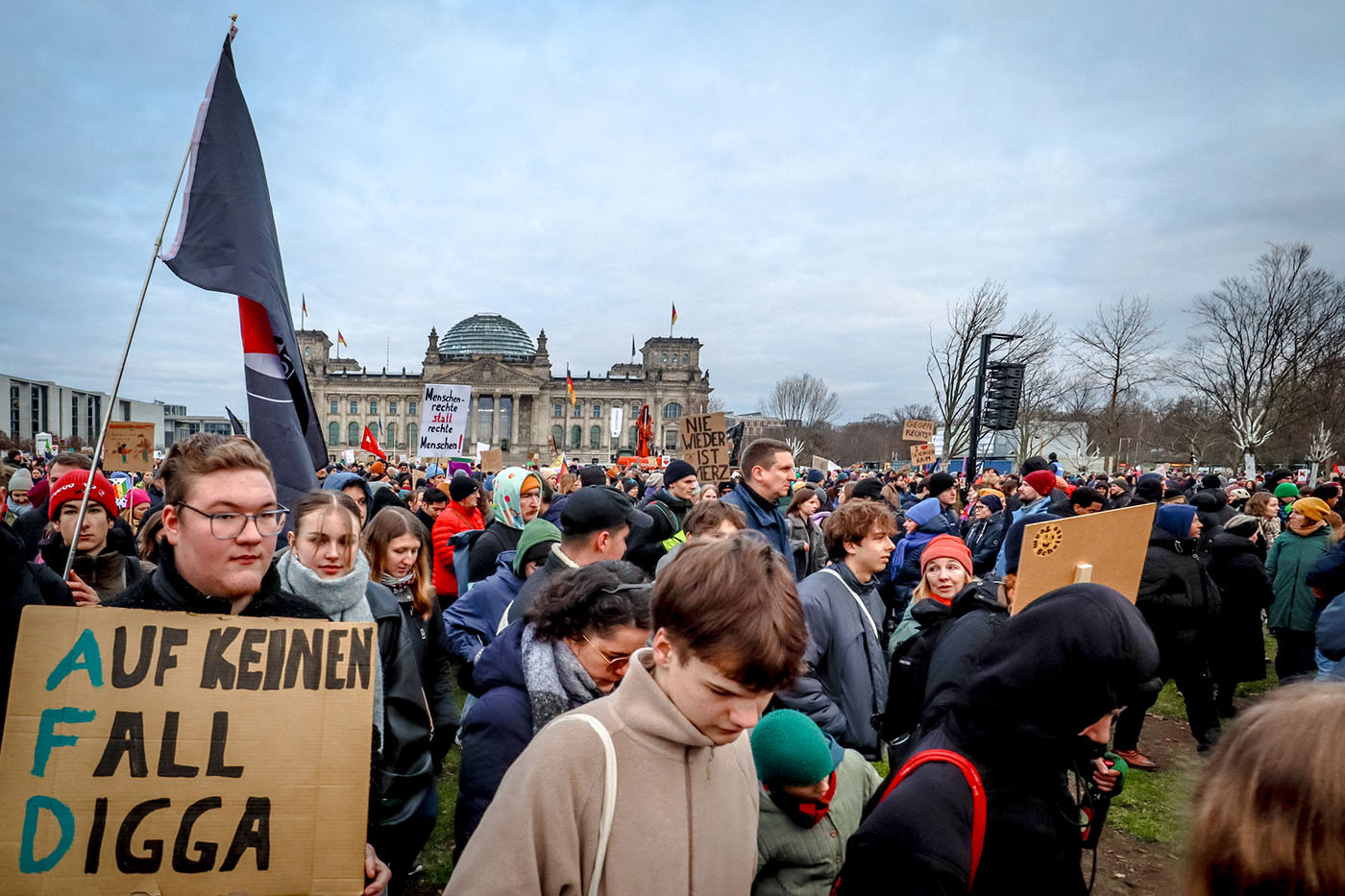
Laila Abdalla, a young Egyptian journalist transplanted to Germany, sizes up the rightward drift of the country.
25 APRIL 2025 • By Laila Abdalla
The Egyptian author of an epistolary novel — his first in English — meditates on whether his work...
4 APRIL 2025 • By Youssef Rakha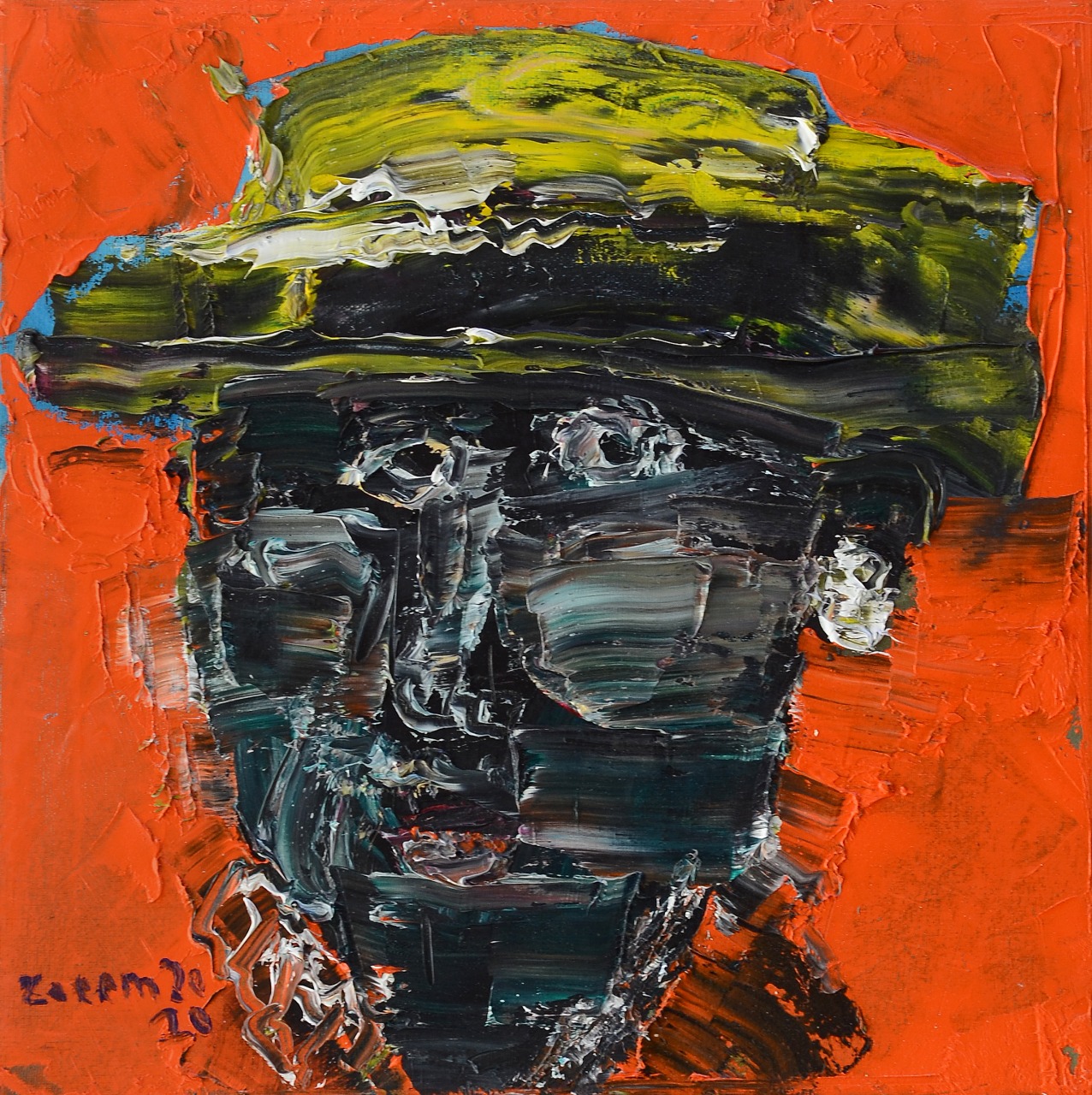
An NYU professor who has frequently taught this Iraqi novel finds that two months into Trump 2.0, its...
21 MARCH 2025 • By Deborah Williams
From blindfolding potential dates to threating them with cockroaches, Iranian YouTube dating game shows go viral and the...
7 MARCH 2025 • By Malu Halasa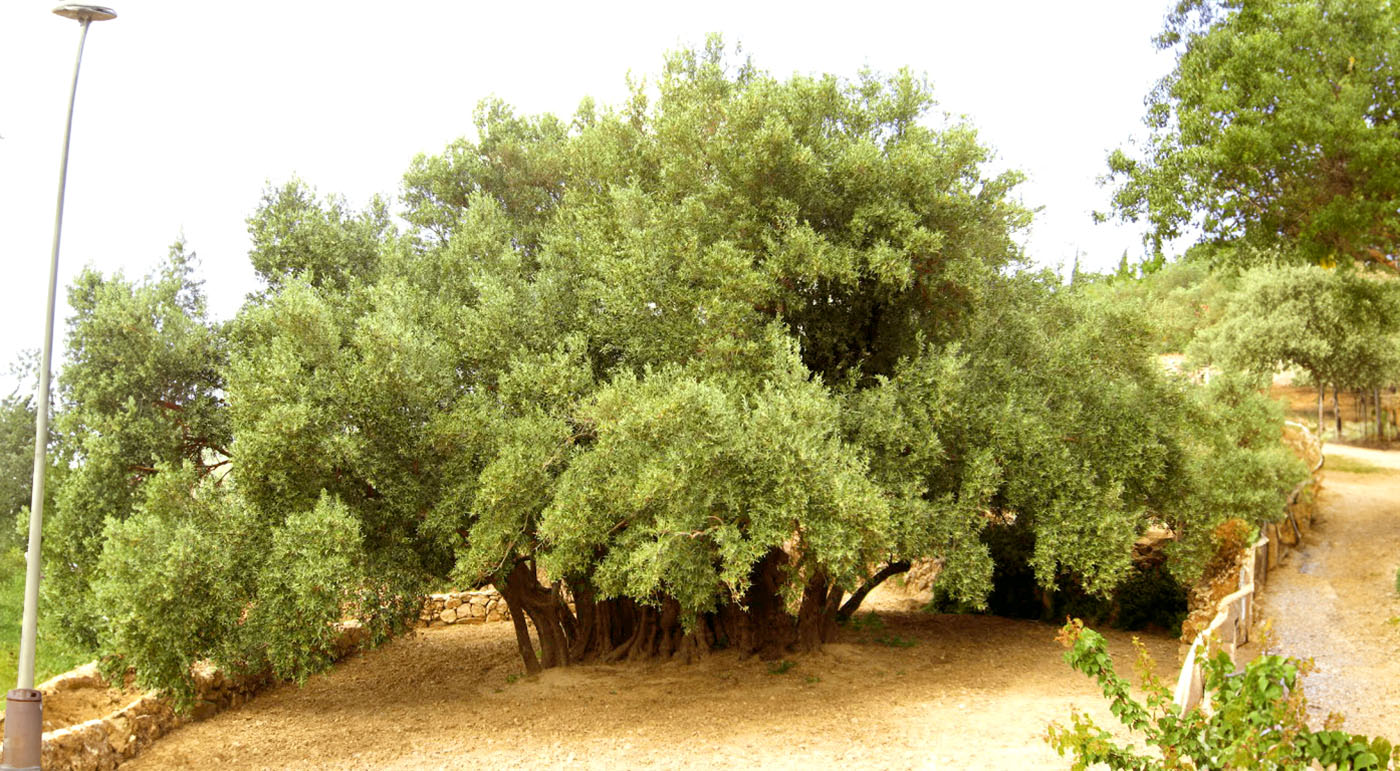
The Trees spoke above the screams, the fires, the bombs, the droughts, across the oasis, forests, and streams...
7 MARCH 2025 • By Alia Yunis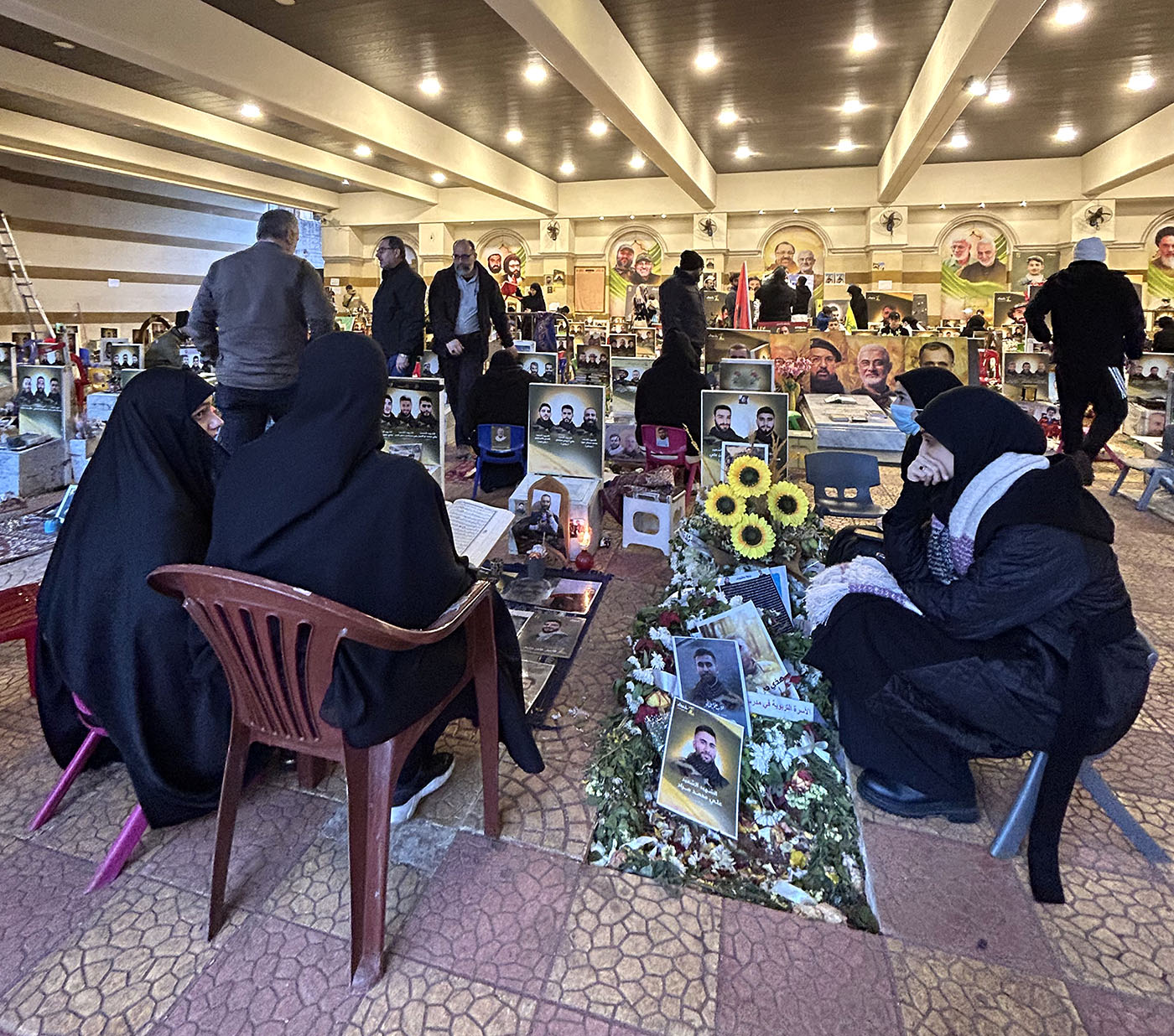
In the southern suburbs of Beirut, women openly grieve those they have lost, in the wake of Israel's...
7 MARCH 2025 • By Sabah Haider
Francisco Letelier connects the devastation of fire and climate change with the decimation of Gaza and other disasters.
7 FEBRUARY 2025 • By Francisco Letelier
After 13 years away, writer Odai Al Zoubi returns to Syria following the Assad regime's collapse, aiming to...
7 FEBRUARY 2025 • By Odai Al Zoubi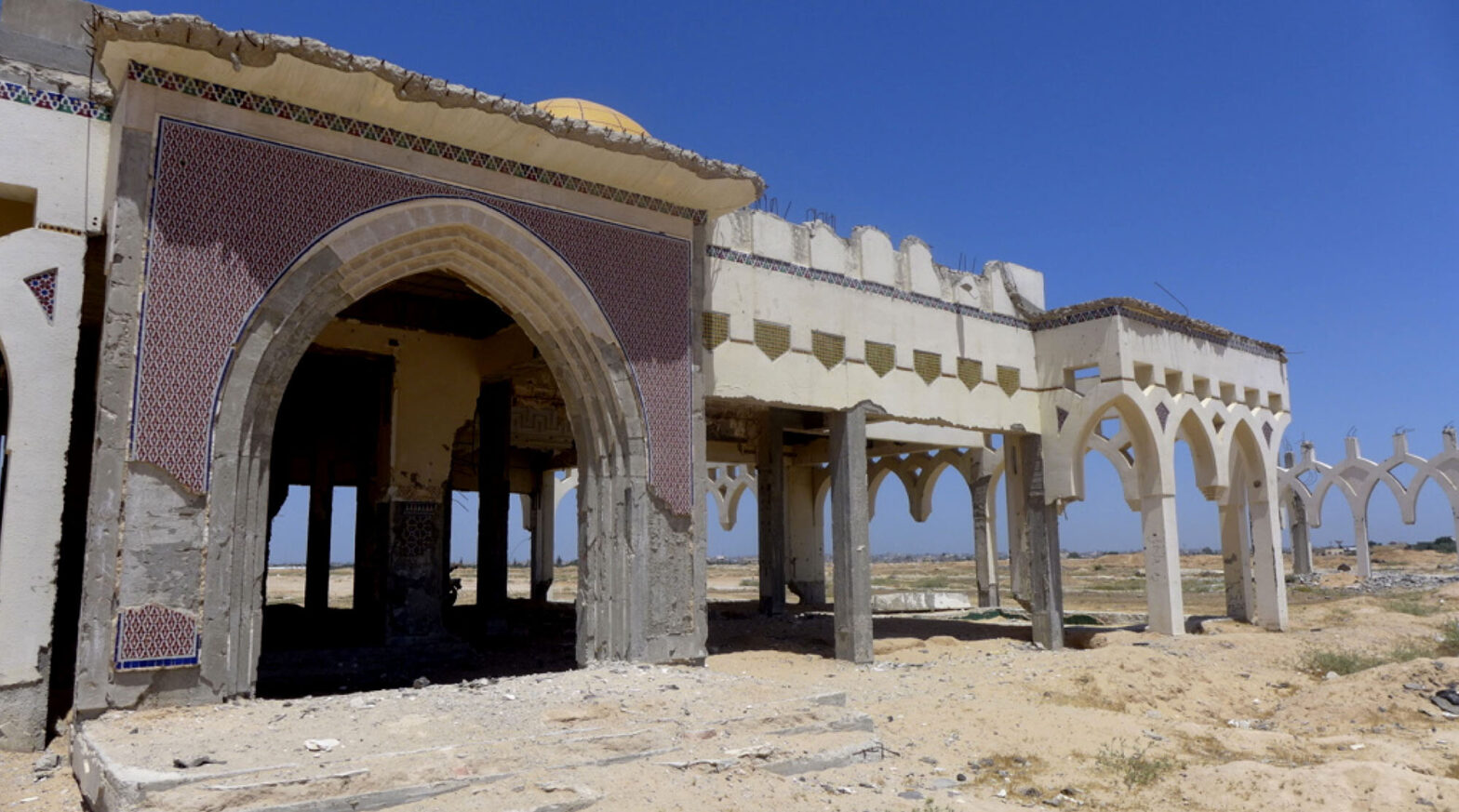
Palestinian civil aviation is not only a symbol of freedom, but is deeply connected to their quest for...
7 FEBRUARY 2025 • By Chin-chin Yap
Growing up a "Boy Hassan" in Syria, Rana Haddad rejected societal conventions.
7 FEBRUARY 2025 • By Rana Haddad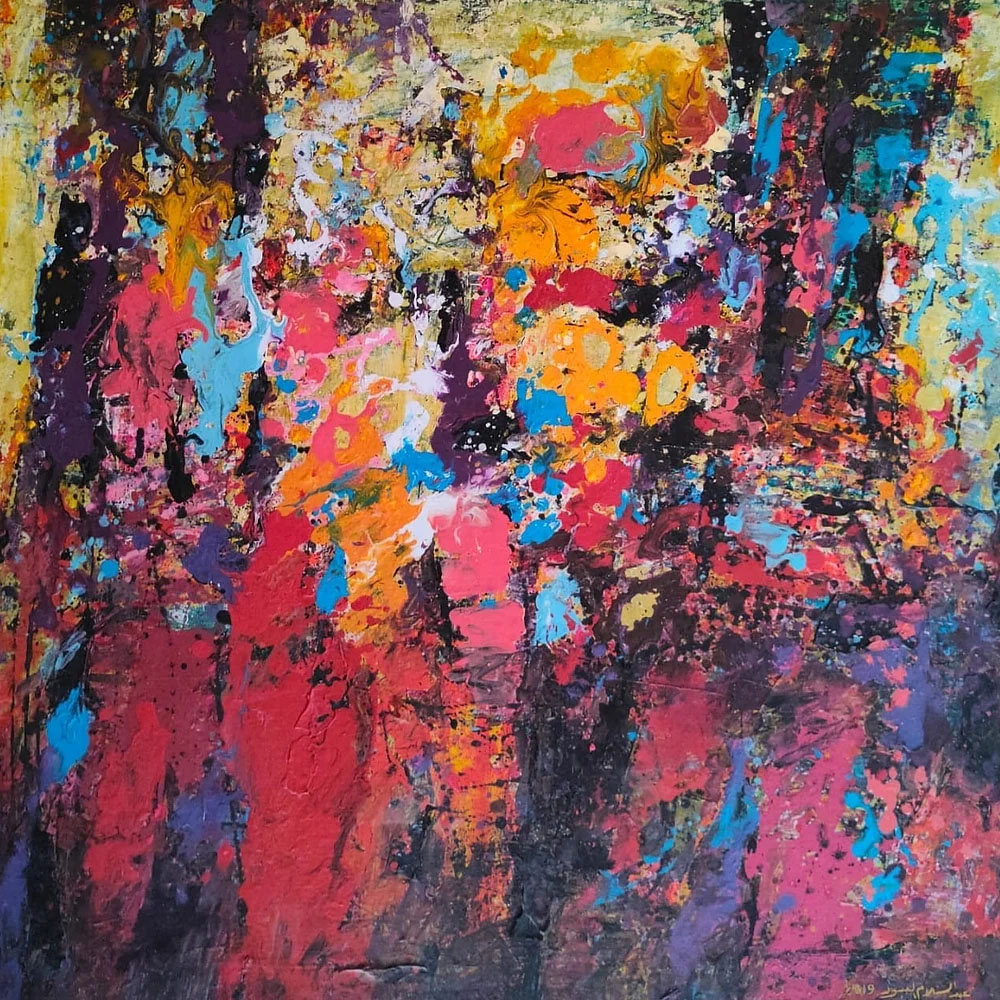
بعد غياب دام 13 سنة، يتحدث الكاتب والمترجم عدي الزعبي عن زيارته الأولى للشام والجامع المعلق، وعن نهر...
3 FEBRUARY 2025 • By عدي الزعبي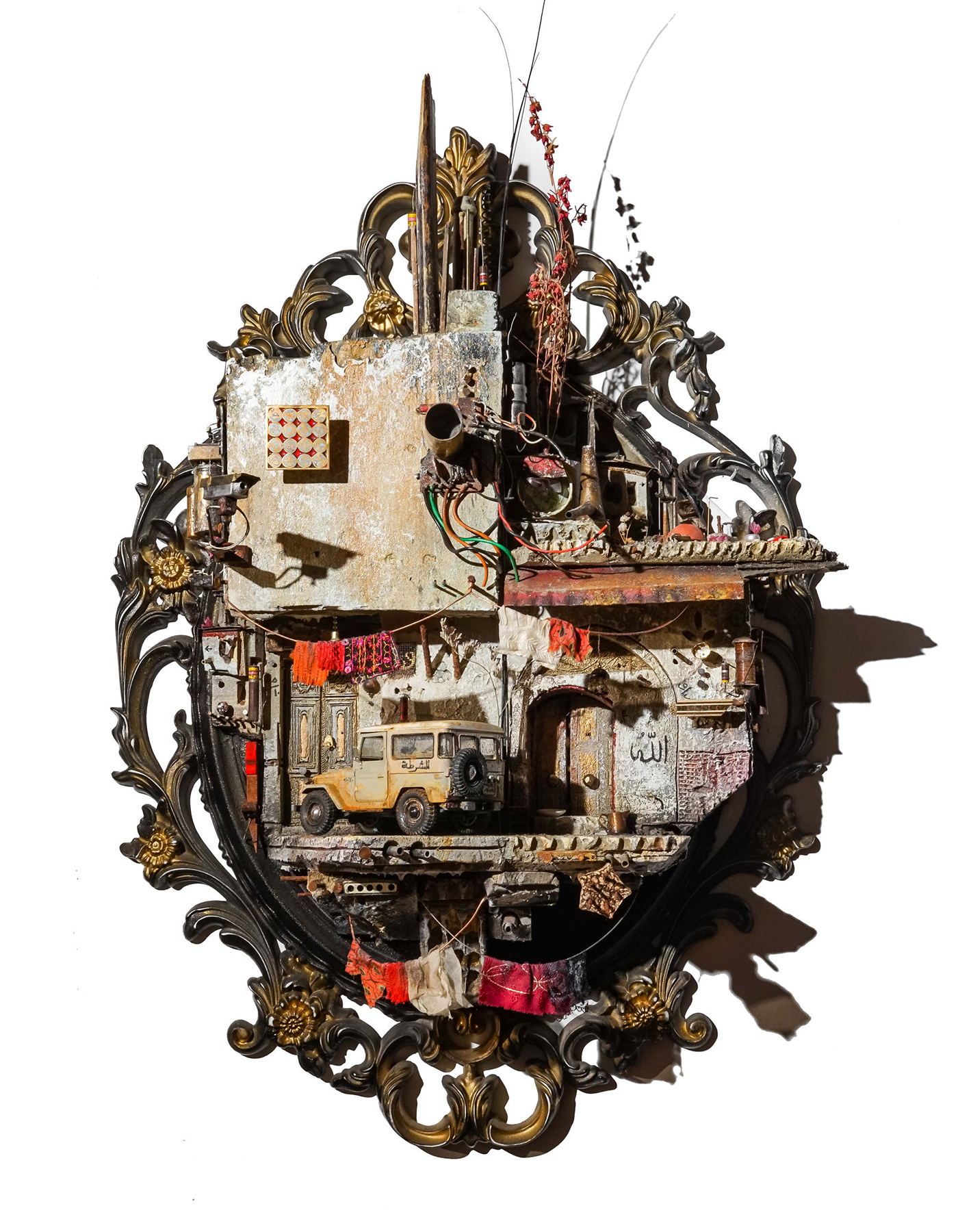
Filmmaker Yasmin Fedda and arts activist Daniel Gorman share their reflections of a three-day visit to Syria early...
24 JANUARY 2025 • By Yasmin Fedda